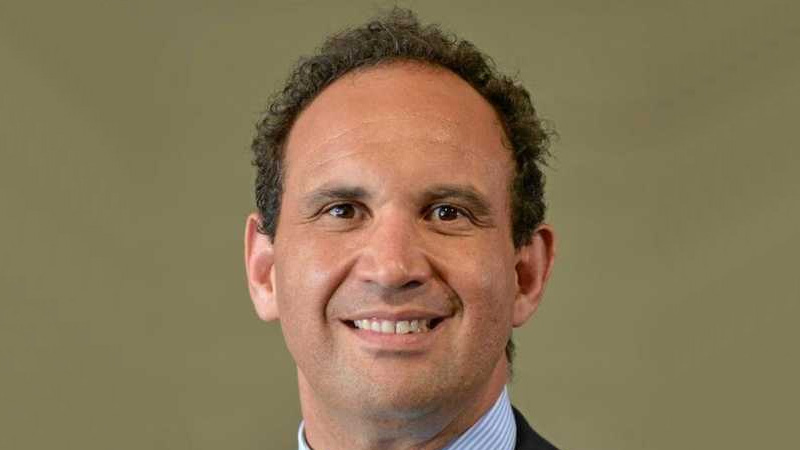Timing the market risky regardless of investment approach
While active SMSF investors tend to see better performances in a volatile market than passive managers, both need to be wary of adopting a market timing approach, says a financial planning firm.
According to Wealth Partners, SMSF managers can damage their funds by trying to time the market whether they take an active or a passive approach to investing.
Wealth Partners principal Andrew Heaven believes investors are far better off “hanging in there” and investing on the basis of their overall time frame.
Mr Heaven said that, whether an investor is active or passive, they need to be aware of the risks of momentum in the market.
“This means that if you’re investing in passive assets and money is generally leaving the market, that will have a negative impact on the market as a whole,” he said.
“Therefore, you’re not getting the opportunity to assess the intrinsic value of the shares.”
Mr Heaven also noted the inherent risks of timing for both active and passive investors.
“It all comes down to timing. If you buy an ETF and the market falls, you’re relying on the market to come back up; otherwise, you’re going to end up underwater,” he said.
“As with any investment… you may end up on the wrong side of the trade.
“If you have a disciplined approach to entering the market, you could go in with one lump sum or dollar cost averaging and the risk you face is that if you miss the market, the opportunity may have already gone.”
Passive managers
Mr Heaven said the biggest advantage to passive investing is that it replicates the movements of a particular index.
“Passive investment is often seen as a low-cost and low-governance way to invest, as you’re not relying on a portfolio manager to choose stock for you. You have control as the investor,” Mr Heaven said.
“Because you’re not relying on research for selection of investment and you’re trying to replicate the index, passive investments can be cheaper to purchase and manage.
“Additionally, you will retain all rights to dividends and distributions from the underlying assets of the portfolio.”
He believes SMSF investors, if they are happy owning passive investments in the current market, should look into exchange trade funds (ETFs) or contrarian investments.
“Additionally, you can purchase managed funds that are listed or unlisted. Unlisted funds are along the lines of vanguard funds and you can purchase them directly from the fund manager themselves,” he said.
However, passive managers will face the risks of buying “the dogs and the darlings” and liquidity issues due to the sheer volume of trading at the moment, Mr Heaven said.
Active managers
Mr Heaven believes active managers have an advantage in the current climate given their opportunities to “cherry-pick” stocks and investments.
“In many ways, you can look at a volatile market as an opportunity to buy good-quality, long-term stocks at lower prices as people sell out,” he said.
“With an active approach, you’re also relying on the skills of the portfolio managers themselves to invest in what they feel are viable companies going forward.
“SMSFs could look to buy managed funds and could certainly do so directly from the fund managers or via wrap structures.
“They can also buy listed investment companies, which will list investment trusts, which will trade on the ASX.”
Mr Heaven warned that investing in active managers such as portfolio managers to help manage an SMSF could be detrimental, though, as investors need to make sure they get value for money.
“Make sure that they are true to label. In other words, they invest in accordance with their philosophy standpoint,” Mr Heaven said.
“You don’t want to buy into something that you think is invested in a particular way and then the portfolio manager invests a different way. Ethical investing is an example of this.
“Some portfolio managers are very expensive, so it is important to consider whether or not they are offering value for money.”








